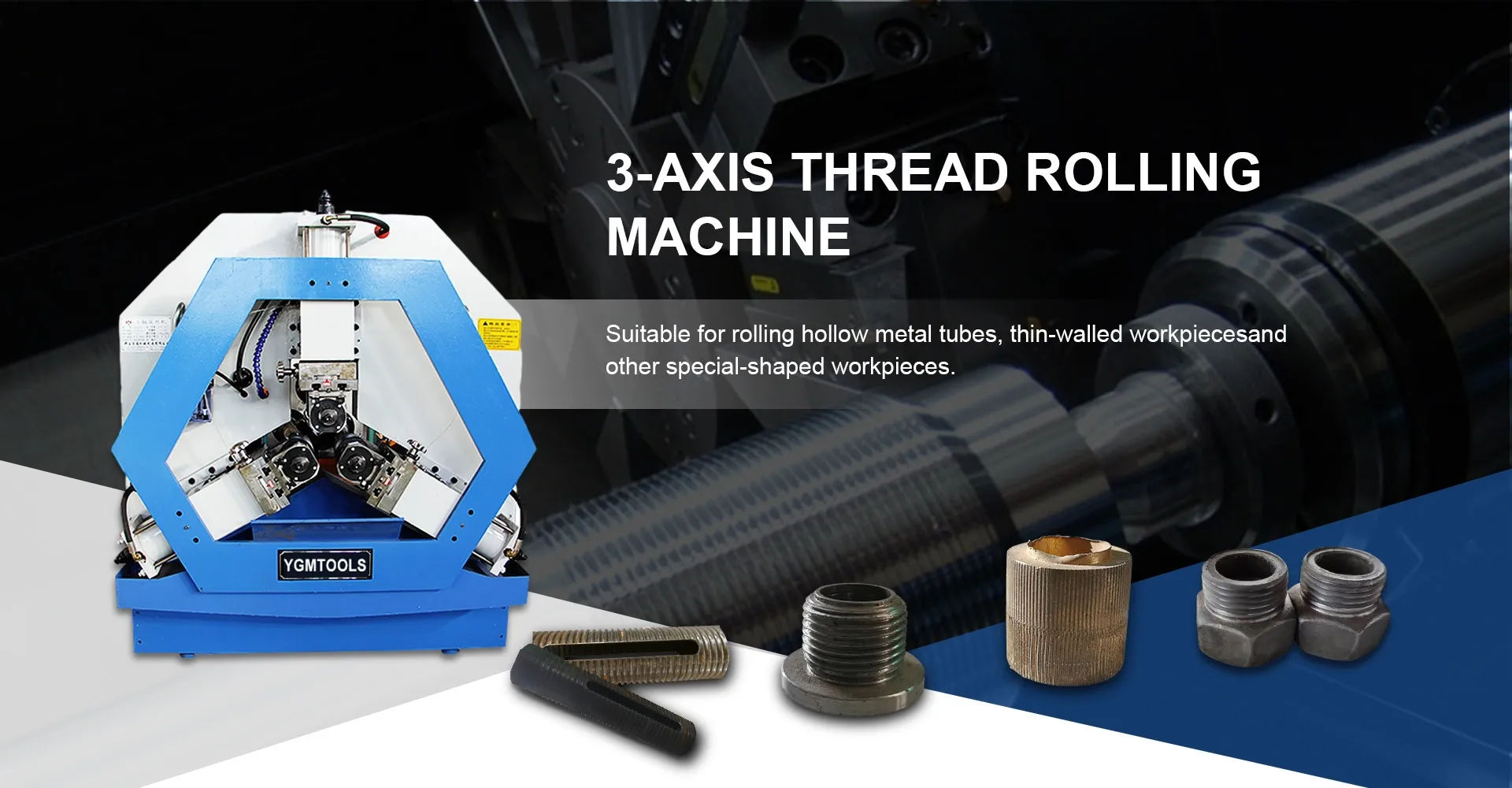
-
 Afrikaans
Afrikaans -
 Albanian
Albanian -
 Amharic
Amharic -
 Arabic
Arabic -
 Armenian
Armenian -
 Azerbaijani
Azerbaijani -
 Basque
Basque -
 Belarusian
Belarusian -
 Bengali
Bengali -
 Bosnian
Bosnian -
 Bulgarian
Bulgarian -
 Catalan
Catalan -
 Cebuano
Cebuano -
 Corsican
Corsican -
 Croatian
Croatian -
 Czech
Czech -
 Danish
Danish -
 Dutch
Dutch -
 English
English -
 Esperanto
Esperanto -
 Estonian
Estonian -
 Finnish
Finnish -
 French
French -
 Frisian
Frisian -
 Galician
Galician -
 Georgian
Georgian -
 German
German -
 Greek
Greek -
 Gujarati
Gujarati -
 Haitian Creole
Haitian Creole -
 hausa
hausa -
 hawaiian
hawaiian -
 Hebrew
Hebrew -
 Hindi
Hindi -
 Miao
Miao -
 Hungarian
Hungarian -
 Icelandic
Icelandic -
 igbo
igbo -
 Indonesian
Indonesian -
 irish
irish -
 Italian
Italian -
 Japanese
Japanese -
 Javanese
Javanese -
 Kannada
Kannada -
 kazakh
kazakh -
 Khmer
Khmer -
 Rwandese
Rwandese -
 Korean
Korean -
 Kurdish
Kurdish -
 Kyrgyz
Kyrgyz -
 Lao
Lao -
 Latin
Latin -
 Latvian
Latvian -
 Lithuanian
Lithuanian -
 Luxembourgish
Luxembourgish -
 Macedonian
Macedonian -
 Malgashi
Malgashi -
 Malay
Malay -
 Malayalam
Malayalam -
 Maltese
Maltese -
 Maori
Maori -
 Marathi
Marathi -
 Mongolian
Mongolian -
 Myanmar
Myanmar -
 Nepali
Nepali -
 Norwegian
Norwegian -
 Norwegian
Norwegian -
 Occitan
Occitan -
 Pashto
Pashto -
 Persian
Persian -
 Polish
Polish -
 Portuguese
Portuguese -
 Punjabi
Punjabi -
 Romanian
Romanian -
 Russian
Russian -
 Samoan
Samoan -
 Scottish Gaelic
Scottish Gaelic -
 Serbian
Serbian -
 Sesotho
Sesotho -
 Shona
Shona -
 Sindhi
Sindhi -
 Sinhala
Sinhala -
 Slovak
Slovak -
 Slovenian
Slovenian -
 Somali
Somali -
 Spanish
Spanish -
 Sundanese
Sundanese -
 Swahili
Swahili -
 Swedish
Swedish -
 Tagalog
Tagalog -
 Tajik
Tajik -
 Tamil
Tamil -
 Tatar
Tatar -
 Telugu
Telugu -
 Thai
Thai -
 Turkish
Turkish -
 Turkmen
Turkmen -
 Ukrainian
Ukrainian -
 Urdu
Urdu -
 Uighur
Uighur -
 Uzbek
Uzbek -
 Vietnamese
Vietnamese -
 Welsh
Welsh -
 Bantu
Bantu -
 Yiddish
Yiddish -
 Yoruba
Yoruba -
 Zulu
Zulu
thread rolling machine
Understanding Thread Rolling Machines and Their Applications
Thread rolling machines are essential tools in the manufacturing industry, particularly in the production of fasteners, bolts, and other threaded components. These machines utilize a unique process that enhances the mechanical properties of metals, allowing for the creation of high-strength, precise threads without the need for cutting. This article will explore the functionality of thread rolling machines, their advantages over traditional methods, and their wide-ranging applications.
What is a Thread Rolling Machine?
A thread rolling machine operates by deforming the material to create threads. The process involves between two dies that press against a cylindrical workpiece, causing the surface material to flow and form threads. This method is contrasted with traditional machining, which removes material to create threads. The rolling process can be used to produce various thread types and sizes, making it a versatile solution for manufacturers.
Advantages of Thread Rolling
1. Improved Mechanical Properties One of the primary benefits of thread rolling is that it improves the strength of the finished product. The rolling process work-hardens the material, increasing its fatigue resistance and tensile strength. This feature is particularly important in applications where high strength and durability are required.
2. Material Efficiency Unlike cutting methods that waste material through shavings and chips, thread rolling is a more efficient process. This efficiency results in reduced material costs while also minimizing waste, making it an environmentally-friendly option.
3. Precision and Consistency Thread rolling machines are designed to produce high-precision threads consistently. The dies are engineered to create uniform dimensions, ensuring that each component meets strict quality standards. This consistency is essential in industries where precise thread specifications are critical.
4. Increased Production Speed The thread rolling process is generally faster than traditional cutting methods. High-speed machines can produce a large volume of threaded parts quickly, which is advantageous for manufacturers looking to increase productivity and meet tight deadlines.
5. Versatility Thread rolling machines can be configured to produce various thread profiles, including external and internal threads. This flexibility allows manufacturers to cater to diverse client needs without the need for multiple machines.
thread rolling machine

Applications of Thread Rolling Machines
Thread rolling machines find applications across various industries. Some of the most common areas include
- Automotive Industry Fasteners, bolts, and nuts are integral to vehicle assembly. Thread rolling machines are used to produce high-strength automotive components that can withstand significant stress and strain.
- Aerospace Sector The aerospace industry demands parts with high precision and strength. Thread rolling is commonly employed to manufacture lightweight, strong threaded components that meet stringent safety and performance standards.
- Construction In construction, heavy-duty fasteners are essential for structural integrity. Thread rolling machines produce robust ties and anchors designed to handle high loads in building projects.
- Electronics The electronics industry requires small, precise threaded components for assembling devices. Thread rolling machines can produce miniaturized fasteners and connectors that fit into compact designs.
Conclusion
Thread rolling machines represent a crucial advancement in the manufacturing of threaded components. By offering improved mechanical properties, material efficiency, precision, speed, and versatility, these machines have become invaluable in various industries. As technology continues to evolve, the capabilities of thread rolling machines will likely expand, further elevating their importance in modern manufacturing practices.
In summary, understanding the functionality and advantages of thread rolling machines can help manufacturers optimize their production processes, cater to a wider market, and ensure the quality of their threaded components. The integration of these machines into production lines not only enhances operational efficiency but also contributes to the overall quality and performance of the end products.
